Dyslexia Awareness Month: Books Featuring Main Characters with Dyslexia, a discussion and a book list
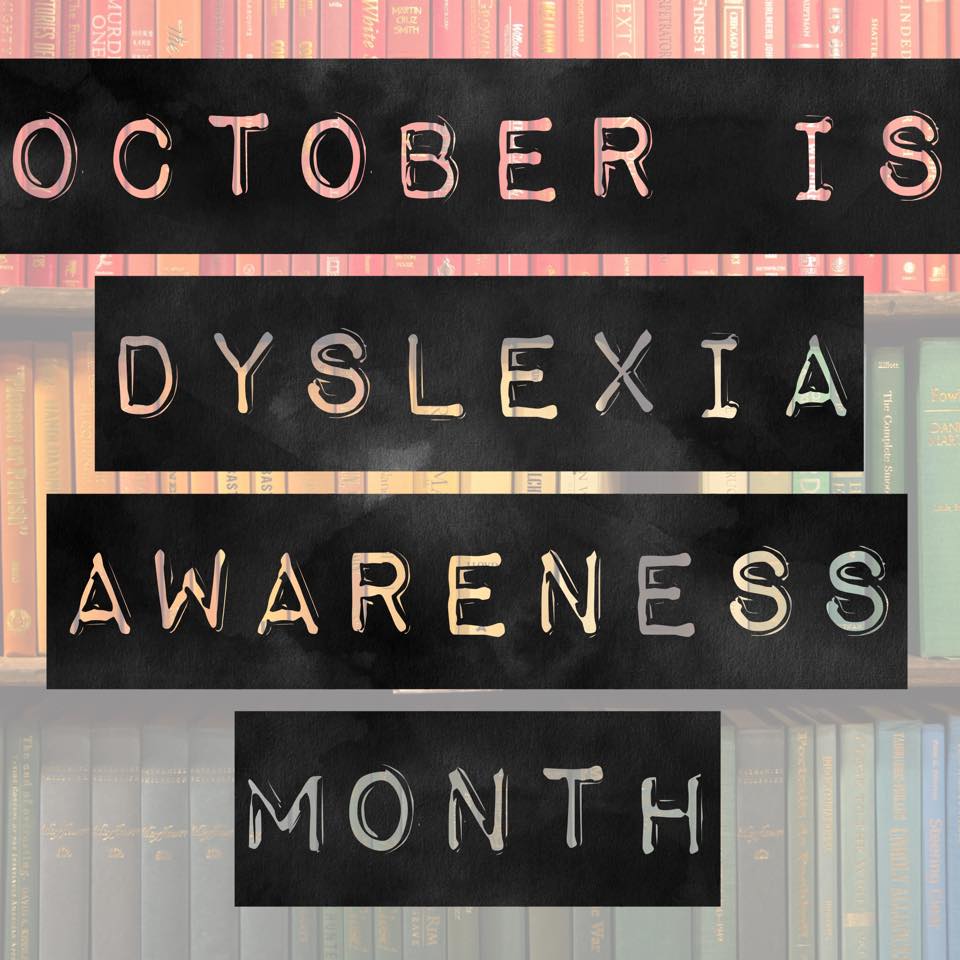
This month as I set out to learn and talk more about dyslexia, I went on a quest specifically to find out what types of books are better suited for readers with dyslexia. The answer to this question is slightly more complicated and I touch on it some in this infographic. Along the way I found a list of books for kids that feature main characters that have dyslexia. This is great, I thought. We’ve talked a lot about representation and I had just stumbled upon a list of books that could help kids with dyslexia feel seen and understood. The problem was, the list primarily featured younger kids. So I went looking for a list of teen (young adult) fiction that featured teens with dyslexia and to be honest, I didn’t find a lot.
So I asked my librarian friends on Twitter for recommendations and to be honest, I still didn’t find a lot. When you consider that it is believed that 1 in 5 people has dyslexia, it seems like there should be more than a couple of handful of books that feature characters with dyslexia. And keep in mind that some of what was recommended was just believed to be dyslexia, some of the books recommended don’t actually use that word. If we want to help kids with dyslexia feel validated and help our world better understand and support kids with dyslexia, I believe that it is important that the word dyslexia be used to help de-stigmatize and normalize our kiddos with dyslexia. They are around 20% of the population and it’s important. Though to be clear, any type of disability is underrepresented in youth literature and it is a huge opportunity for growth when we talk about representation.
ADVERTISEMENT
ADVERTISEMENT
Here’s a look at what I did find or was recommended to me.
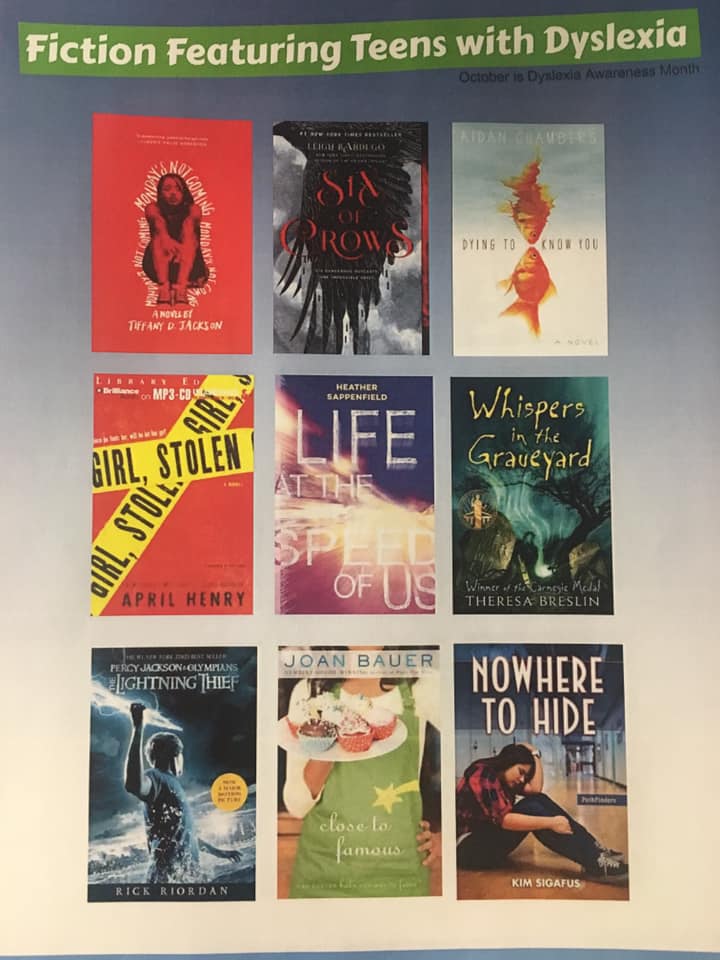
Monday’s Not Coming by Tiffany D. Jackson
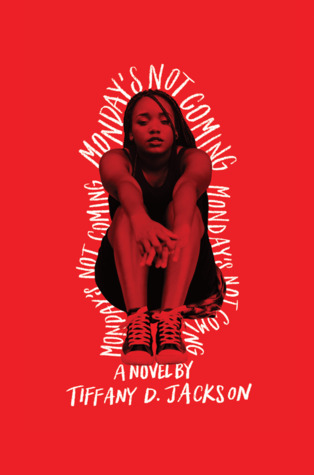
Publisher’s Book Description: Monday Charles is missing, and only Claudia seems to notice. Claudia and Monday have always been inseparable—more sisters than friends. So when Monday doesn’t turn up for the first day of school, Claudia’s worried. When she doesn’t show for the second day, or second week, Claudia knows that something is wrong. Monday wouldn’t just leave her to endure tests and bullies alone. Not after last year’s rumors and not with her grades on the line. Now Claudia needs her best—and only—friend more than ever. But Monday’s mother refuses to give Claudia a straight answer, and Monday’s sister April is even less help.
As Claudia digs deeper into her friend’s disappearance, she discovers that no one seems to remember the last time they saw Monday. How can a teenage girl just vanish without anyone noticing that she’s gone?
Karen’s Thoughts: I’ve read this book and it’s a very good book. At the time that I read it I wasn’t looking for dyslexia representation, but as soon as it was recommended to me for this list I thought, yes! The main character, Claudia, has dyslexia and it shown to struggle in many ways with reading, homework and many of the same issues that I see my child with dyslexia struggling with.
Girl, Stolen by April Henry
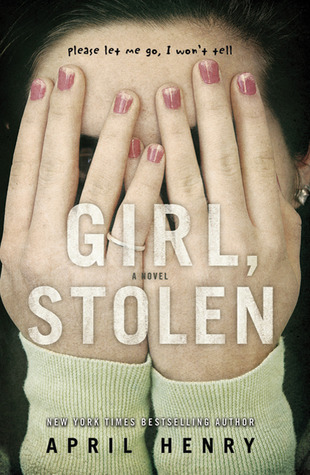
Publisher’s Book Description: Sixteen-year-old Cheyenne Wilder is sleeping in the back of the car while her stepmom fills a prescription for antibiotics. Before Cheyenne realizes what’s happening, the car is being stolen.
Griffin hadn’t meant to kidnap Cheyenne and once he finds out that not only does she have pneumonia, but that she’s blind, he really doesn’t know what to do. When his dad finds out that Cheyenne’s father is the president of a powerful corporation, everything changes–now there’s a reason to keep her.
How will Cheyenne survive this nightmare?
Karen’s Thoughts: I have not yet read this book so I can’t comment on the representation of dyslexia, but it was recommended to me and I have read other April Henry books and she writes engaging books for teen readers.
Dying to Know You by Aidan Chambers
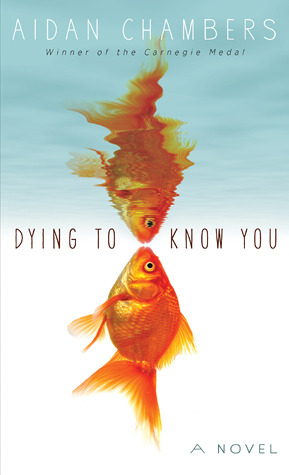
Publisher’s Book Description: Karl, aged seventeen, is hopelessly in love. But the object of his affections, Firella, demands proof, and poses him a series of questions regarding his attitude to the many sides of love. But Karl is dyslexic, and convinced that if Firella finds out, she will think he is stupid, and unworthy of her, and leave him.
So Karl asks a local writer to help him construct his replies – and an unlikely, but extremely touching, friendship develops between the two men. They both come to learn a great deal about about life from a very different perspective, and when an act of violence shatters their calm, they find their respective appraisal of life shifting in profound ways.
This is Aidan Chambers’ Dying to Know You.
Karen’t Thoughts: This is another title that I haven’t read but I looked at reviews and all of the reviews clearly state that the main character, Karl, is dyslexic as does the publisher’s book description. Given that many of us fight to get our kids a proper diagnosis, I feel that it is important that the character is clearly identified as being dyslexic.
Life at the Speed of Us by Heather Sappenfield
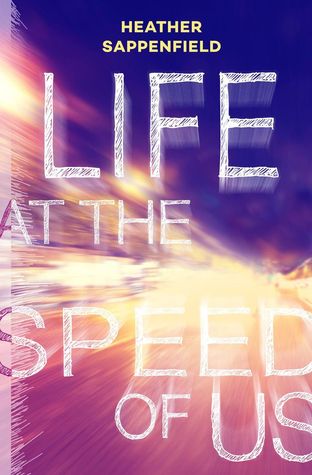
Publisher’s Book Description: Silence is safe. Fate is not.
ADVERTISEMENT
ADVERTISEMENT
When Sovern Briggs survives a car crash, she stops talking to seal in the memory of the final sounds from her mother’s life. As conflict with her father builds and failure in school looms, Sovern seeks relief in a dangerous boyfriend and in speed’s adrenaline edge. These needs collide, leading Sovern to a snowboarding accident that changes her future and perhaps that of our universe.
Life at the Speed of Us weaves dyslexia, math, cutting-edge science, genius, and love into a young woman’s reluctant journey toward grace.
Karen’s Thoughts: This is yet another book that I haven’t read that came recommended to me. Again, I appreciate and think it’s important that dyslexia is clearly named.
Close to Famous by Joan Bauer

Publisher’s Book Description: When twelve-year-old Foster and her mother land in the tiny town of Culpepper, they don’t know what to expect. But folks quickly warm to the woman with the great voice and the girl who can bake like nobody’s business. Soon Foster – who dreams of having her own cooking show one day – lands herself a gig baking for the local coffee shop, and gets herself some much-needed help in overcoming her biggest challenge – learning to read . . . just as Foster and Mama start to feel at ease, their past catches up to them. Thanks to the folks in Culpepper, though Foster and her mama find the strength to put their troubles behind them for good.
Karen’s Thoughts: I have read this book, though it has been a while. I love all books by Joan Bauer and remember loving this one. I looked at reviews and although they state the main character is struggling to learn to read, most of the reviews don’t indicate one way or the other if the main character is stated to have dyslexia. This book did, however, show up on a recommended reading list about dyslexia.
You’ll see Six of Crows by Leigh Bardugo on the image above. It was recommended to me with the caveat that one of the characters discusses having some type of learning disorder related to reading by that they never outright call it dyslexia. So I share that here with that caveat.
If you want to see the original Twitter conversation and all of the recommendations, you can find it here:
And here is a picture of the RA tool I made for the staff at Fort Worth Public Library for books featuring characters with dyslexia of a younger age:
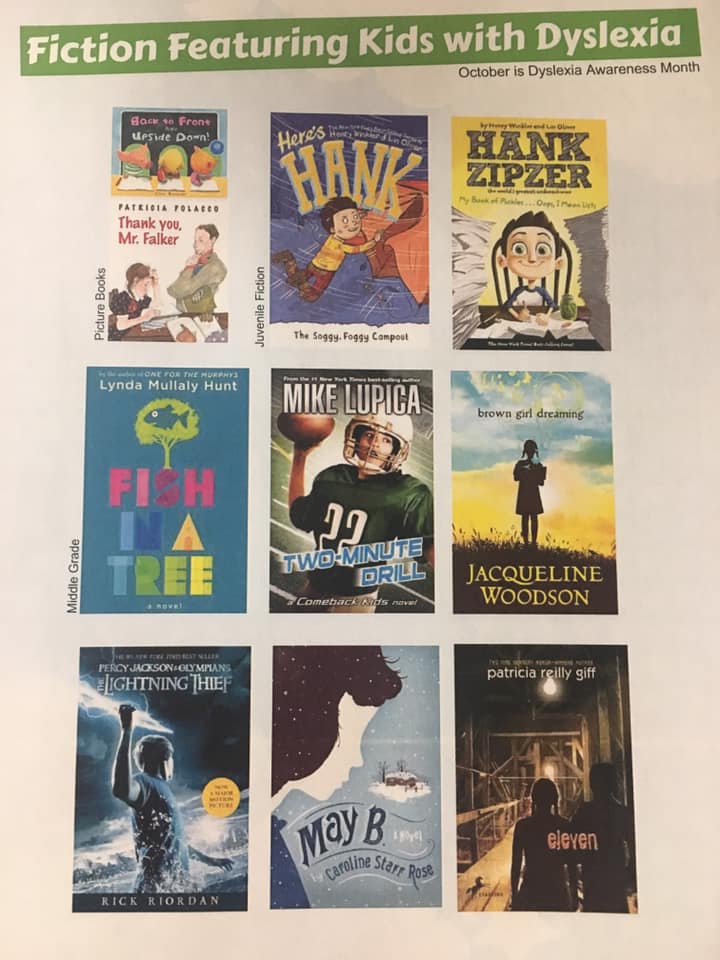
Other Reading Lists
Filed under: Dyslexia
About Karen Jensen, MLS
Karen Jensen has been a Teen Services Librarian for almost 30 years. She created TLT in 2011 and is the co-editor of The Whole Library Handbook: Teen Services with Heather Booth (ALA Editions, 2014).
ADVERTISEMENT
ADVERTISEMENT
SLJ Blog Network
Name That LEGO Book Cover! (#53)
Cover Reveal and Q&A: The One and Only Googoosh with Azadeh Westergaard
K is in Trouble | Review
Fighting Public School Book Bans with the Civil Rights Act
ADVERTISEMENT




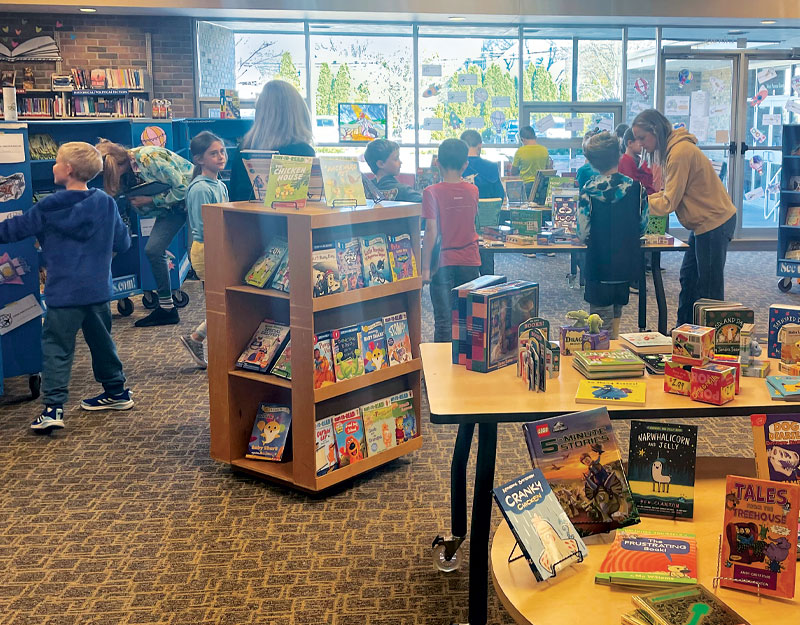

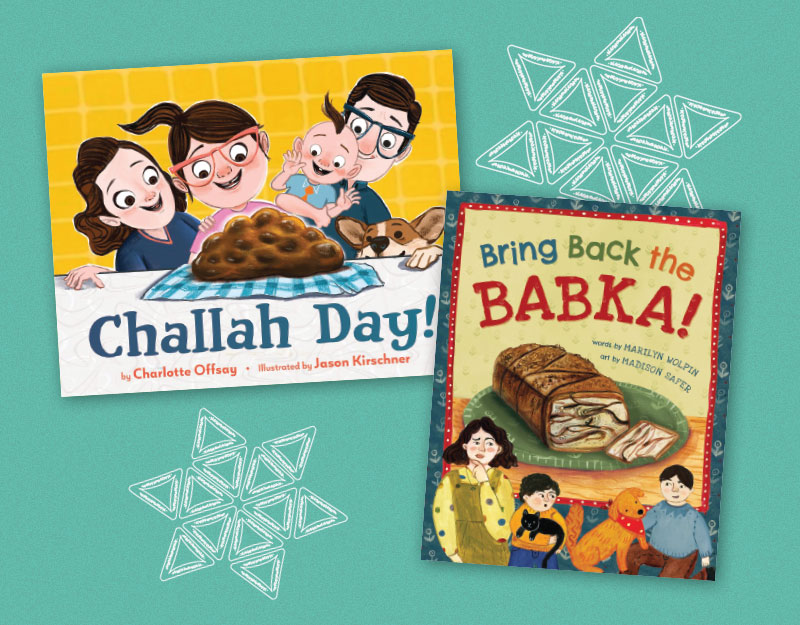
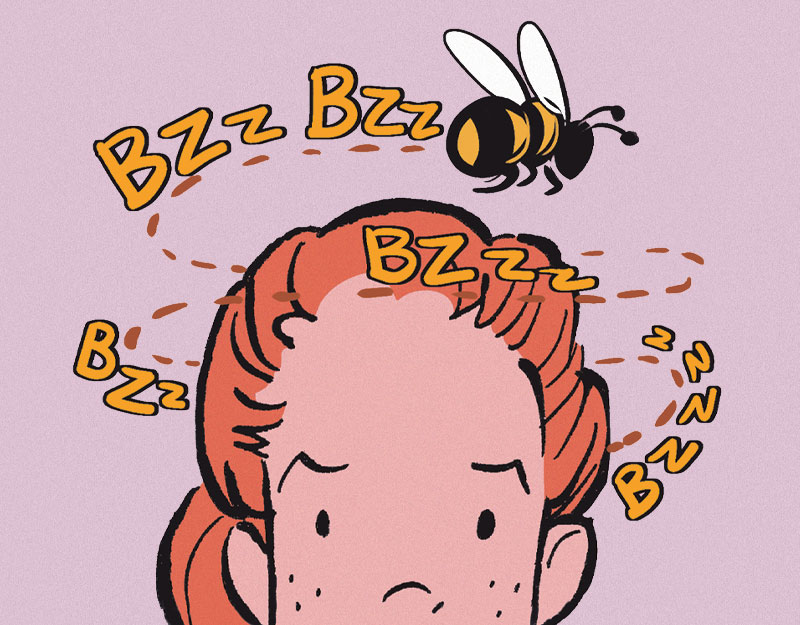
Thank you so much for these recommendations! Both of my kids have dyslexia, and now I have a list of books to show them!
I wrote a YA Fantasy with a main character who has dyslexia. A DRAGONBIRD IN THE FERN is coming Fall 2020 from Flux.
What it’s about:
When an assassin kills Princess Jiara’s older sister Scilla, her vengeful ghost is doomed to walk their city of glittering canals, tormenting loved ones until the killer is brought to justice. The mourning period hasn’t even reached its end when Scilla’s betrothed, the king of a country far away, requests that seventeen-year-old Jiara take her sister’s place as his bride.
Marrying the man meant for her sister would make her feel bad enough, but with dyslexia and years of scholarly struggles, Jiara believes her chances of learning a new language are slim. She’s terrified of life in a foreign land, where she’d be unable to communicate. Then Jiara discovers evidence that her sister’s assassin came from the king’s country. Marrying the king would allow Jiara to hunt the murderer and release her family from Scilla’s spirit, whose thirst for blood mounts every day.
To save her family, Jiara must find Scilla’s killer . . . before he murders her too.
If you want to add it on Goodreads, here’s the link:
https://www.goodreads.com/book/show/47104141-a-dragonbird-in-the-fern?from_search=true
(If this comment is too spammy, sorry! Feel free to delete it!)
I am so glad to read this article. For many years I taught in elementary school and had students that could not read. Back then they were sent to work with a special teacher. I’d never heard of the word dyslexia. But today I understand the problems my non readers had much better. The word dyslexia caught my attention and as an author of books for children and teens, I had to write about it. Of course, doesn’t everyone? My latest novel, Gabe’s Guardian Angel will be published by Dancing Lemur Press on March 17. It is the story of 15 year old Gabe Montana who has dyslexia and other problems as well which makes him the perfect target for the school bullies. I hope his story and how he deals with his problem will inspire other teens to stand up for themselves. Sorry for this long comment. Anyway, I hope to read some of the books you mention. Thank you.
Hi Beverly! Any chance we can find your book on audiobook? My daughter who has dyslexia wants to read more YA novels with dyslexic protagonists but audiobook is the best way for her to ‘read’. Frankly, I am surprised that audiobooks are not more widely offered given the different ways people digest books when they have dyslexia.
Thanks so much!
I am an author and reading specialist who works with dyslexic children and teens. There are different types of reading and language disorders and dyslexia may be the most common. I try hard to make sure my students know that it is their brain, not their character, that has trouble making sense of printed text. I also try to give examples of successful adults who struggled with dyslexia.
Thank you for this excellent list.
Many years ago when I was teaching, we had students that could not read and they were sent to the special teacher for help. I’d never heard the word dyslexia but looking back that may have been their problem. Then I read an article about dyslexia and understood. As an author of stories for children and teens, I also knew I had a story to write. Gabe’s Guardian Angel is one of the toughest novels I’ve ever written. It took months, but I wanted it to be right and show Gabe’s life of being different, but also the same in some ways. In addition to his dyslexia he also has to deal with bullies. Gabe’s story will be out on March 17, 2020 from Dancing Lemur Press. My hope is that young readers will see there is hope and never give up. Thanks for letting me share with you.
Oh, I have a book to add! “My Name is Brain” by Jeanne Betancourt. Excellent book, highly recommend!